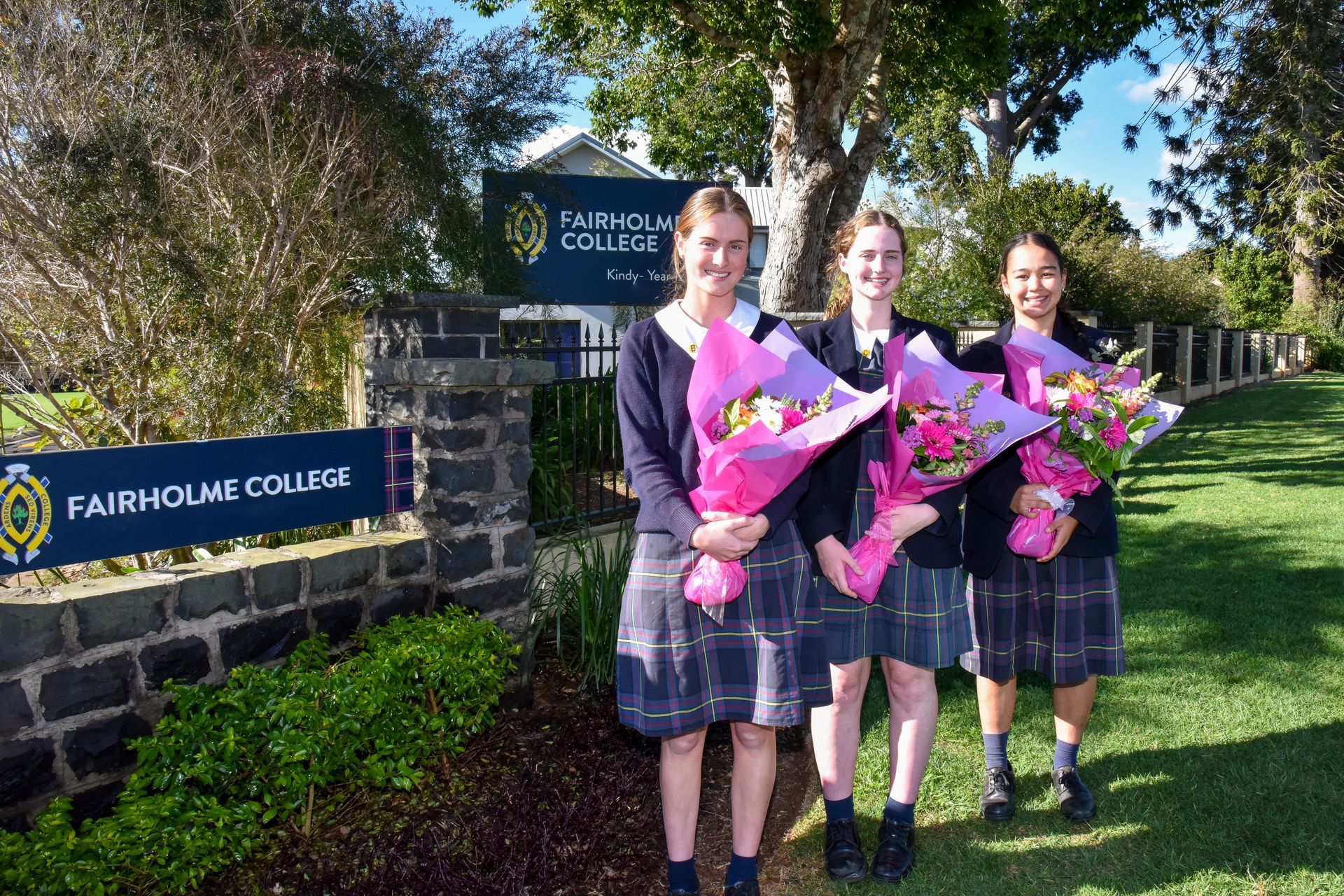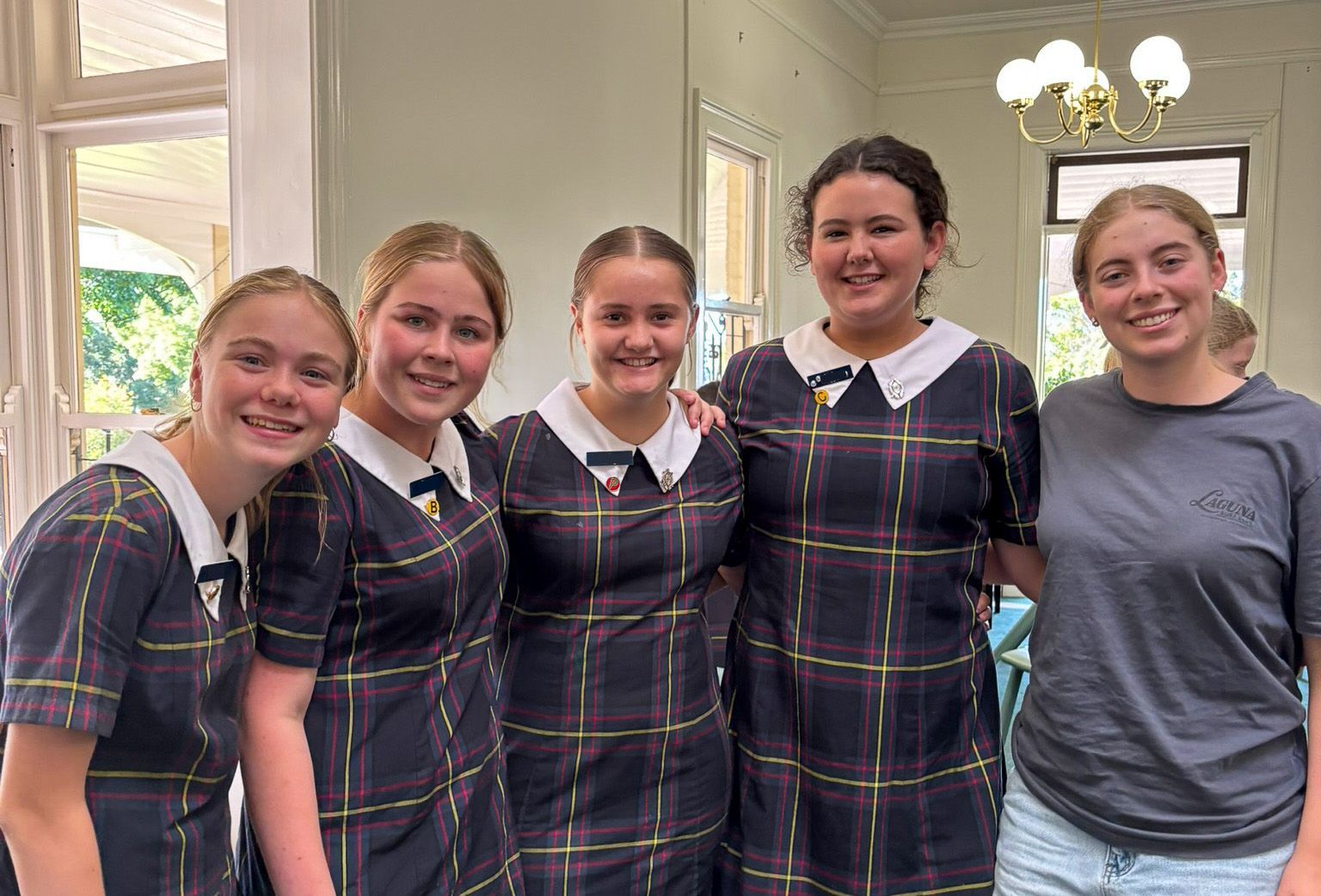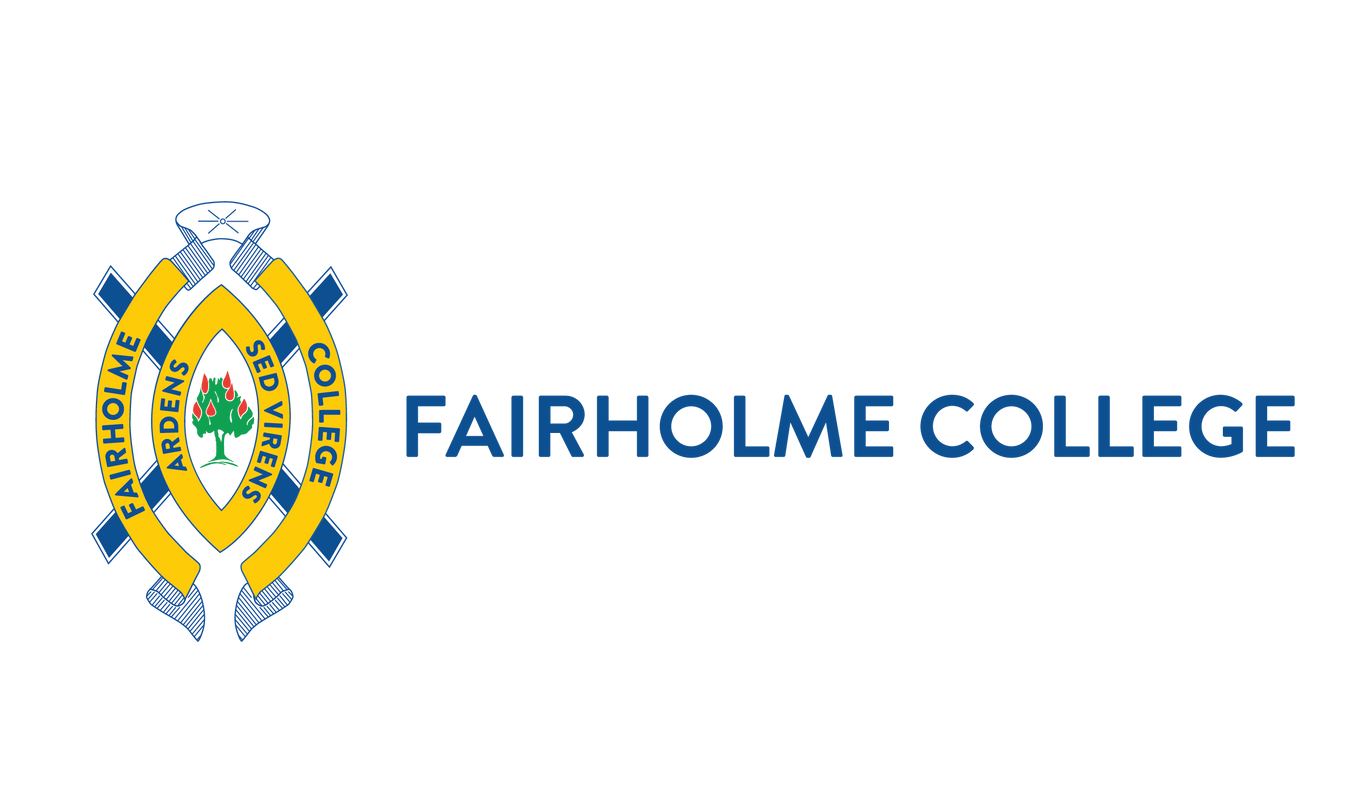You Don’t Stop Running… with 180 metres to go
Three times he fell in the final lap of the race and three times he picked himself back up before crossing the finish line.
Patrick Tiernan’s courageous finish to the 10,000m race is the stuff of legends. It epitomises all that we love about the Olympic Games and provides a rich metaphor for life itself: ‘you don’t stop running with 180 metres to go.’ I’ve now watched the footage of Tiernan’s finish more than a few times. It is a perfect example of incongruous juxtaposition: three moments that are simultaneously soul-wrenching and deeply uplifting. Three times he fell in the final lap of the race and three times he picked himself back up before crossing the finish line. For Tiernan, it was his fastest time for the season, but it was so much more than that.
We grieve for what could have been and celebrate for what was the most magnificent display of tenacity, perseverance, and a will to complete what he had begun. We remember, of course, that what he began, was not a 10,000 race, but a demonstration of training and hard work – we cannot forget that a run on an Olympics tartan track is not just a race, but a lifetime commitment to a goal.
It also makes me think of our own Year 12 girls who may have more than 180m of their race to go but who are certainly at a crossroad point. For most, internal assessment is finished; mock exams and final exams are all that stand between them and their finish line. How easy it is to stop on the track, yet how important it is to keep going. Perseverance in the face of adversity, however complex, however significant, or insignificant, is still a demonstration of character. ‘Sometimes it is about finishing, not winning,’ said British runner, Derek Raymond.
Keeping our eyes firmly on the goal, matters. Tiernan, in speaking about his race said, ‘It’s an honour to represent Australia and regardless of whether it is a performance I am pleased with or not, you still have to get across that line and finish that race and for me being so close to that finish line it was something that not only I could do but I needed to do.’
Therein, Patrick Tiernan demonstrates the most powerful example of personal agency – he chose to finish his race. No doubt, it was not the script he had written nor envisaged, it wasn’t in a classic sense how he would have chosen to finish that race. He says of the groundswell of support he has gained, that it’s not the sort of media attention he had hoped for because ‘he fell short of where he wanted to be.’ And we do too, don’t we, as do our children. We fall short of expectation; they fall short of our expectation too. How do we manage ourselves when that occurs? Importantly, how do we as parents respond when our own children fall short of our sometimes inadvertent but nonetheless unrealistic expectations.
Do we berate, chastise, or castigate? Conversely, do we enable avoidance, smooth the pain, alter the script, or simply apportion blame elsewhere? Possibly all the above. We want the best, expect the best and because of that, the stumbles appear bigger, have higher stakes and, at times, carry deeper shame.
But those crossroads are important. There are some crossroads that are predictable and inevitable – finishing school, for example. To some extent, we can prepare for these. There are others that appear when we least expect and they steal our breath for a time; they unsettle us and shake the life scripts we’ve carefully written, more than a touch. But those scripts are editable, they can be rewritten and redirected, and those crossroad moments can be the sites of the deepest and most important learning opportunities for us all – if we let them be.
Without intent, Patrick Tiernan has shown us how to negotiate a crossroad moment – one that occurred on the most public of stages. He’s shown us that we should never stop running with just 180 metres to go, even when we want desperately to do so; especially when the finish line matters to us.
He’s shown us that finishing can be far more important than winning and he’s shown us that one can be gracious and humble in the face of the deepest of disappointment. I’m grateful for the reminder and the perspective that sport continues to provide – so much more than a race time, a distance achieved, or a single performance executed.
Dr Linda Evans | Principal
More News…







